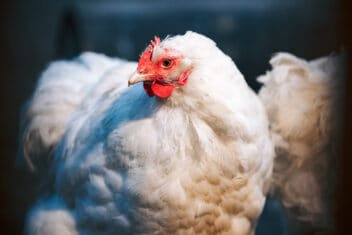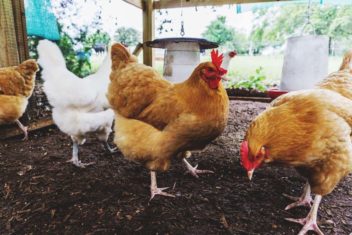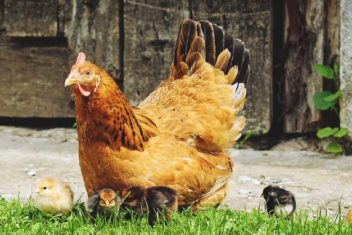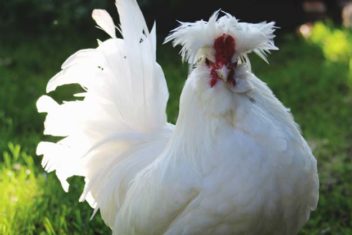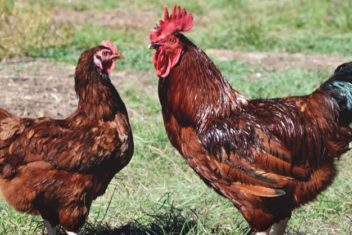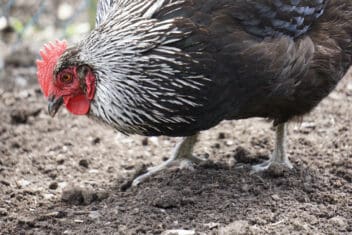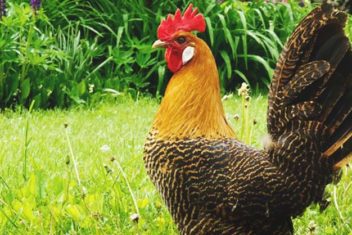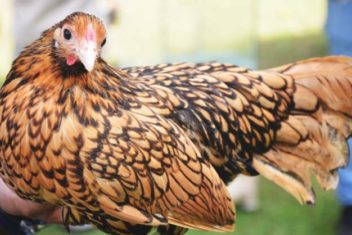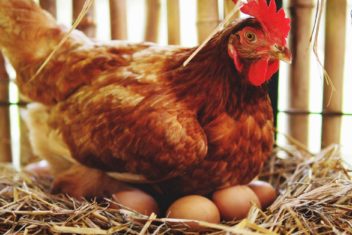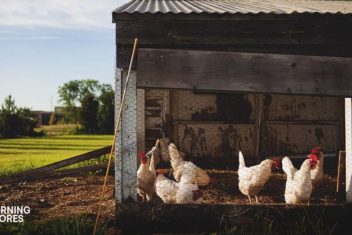When I was nine years old, my family acquired our first batch of meat chickens. A decision that likely changed the course of my life. I was enamored with the delicate new chicks. I happily took on the responsibility of their daily care with my parent’s close supervision.
After two years of caring for meat chickens and falling in love with the birds only for them to be slaughtered, I decided to buy my own chickens. At 11 years old, I started my first of many entrepreneurial ventures to save money for my own flock of layer breeds. Pretty soon, I proudly brought home my first box of chicks. And my adventures have only snowballed in the last several years.
It is not possible to fully explain in just one article all that I learned from chicken keeping, but a list would include saving, planning, responsibility, research, health care, writing and still the list goes on.
In an age where children can hardly be pulled away from electronic devices, young people would undoubtedly benefit from this reconnection with a simpler life.
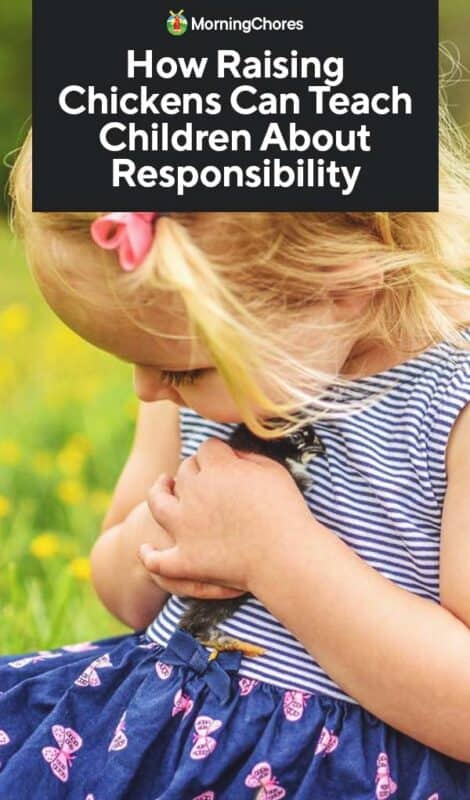
The Benefits of Involving Kids With Chicken Keeping
1. Knowing Where Food Comes From
With a disjointed food system, so many children have no idea where their food is coming from. Ask them where eggs come from, and the answer would be the grocery store. But also, it is so convenient, and we never think about the work that went into those eggs.
Children that know what goes into producing our food will be more likely to make mindful choices when it comes to what they put on their plates in the future.
2. Lighten Your Workload
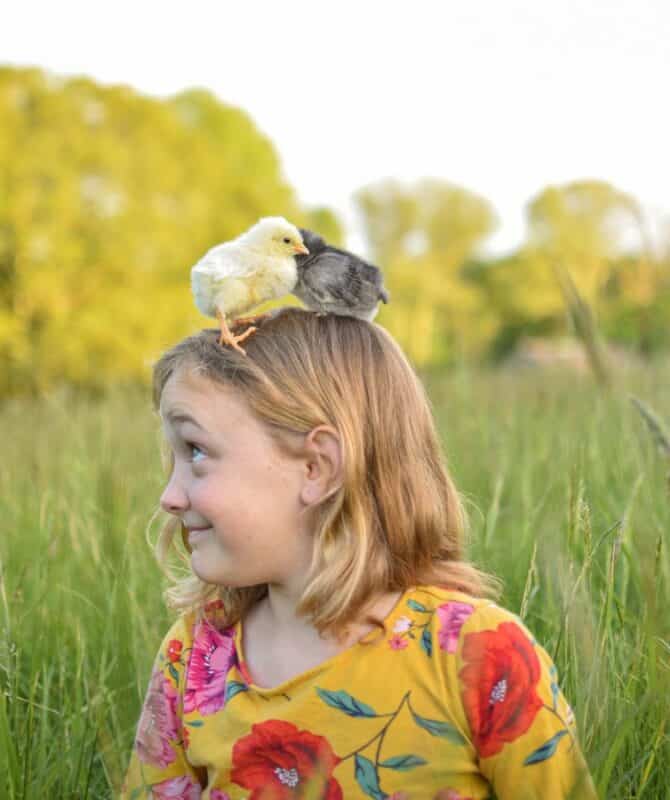
We all know that when it comes to running a household, backyard farm, or full-blown homestead, the work to be done is incredible.
When you’re able to transfer some of the easier chores to children, it can leave time for you to get some of the larger tasks done.
3. Teaching Responsibility
I must say, I believe that the biggest thing chicken keeping taught me as a young person was how to be responsible. Caring for any living thing is a huge responsibility. And the weight of another life is rarely lost on an empathetic child.
As your children learn to care for chickens, they’ll be better prepared to move on to bigger animals such as pigs, goats, and cows as they get older.
4. Learning the Circle of Life
Teaching children about the incubation and hatching process is a fun and educational experience. From candling eggs and witnessing growing embryos to seeing chicks make their way out of their shells to hatch, there is so much to learn about the life cycle of a chicken.
On the flip side, you’ll eventually encounter death. This will open up opportunities for valuable lessons and discussions.
Chores to Involve Kids With
1. Egg Gathering
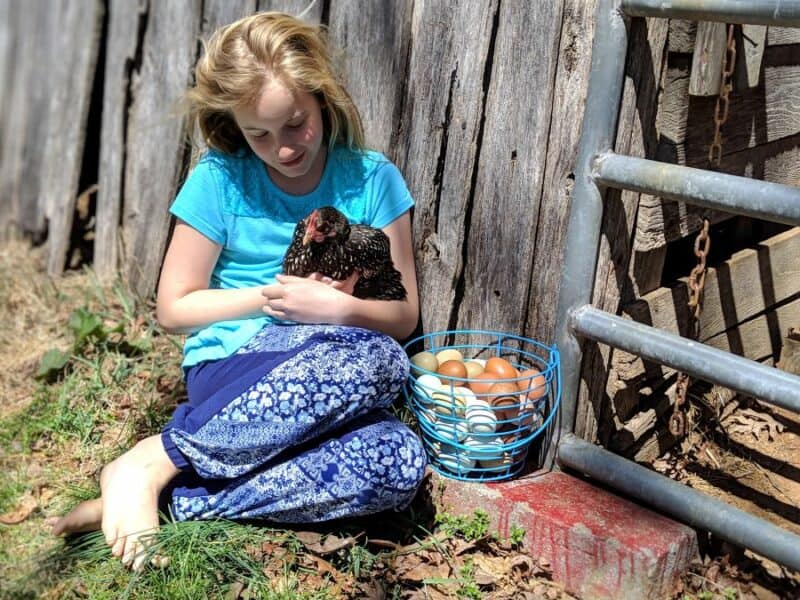
One of my earliest memories is standing on my tiptoes to reach up into my grandfather’s chicken coop to look for fresh eggs. I can personally guarantee you that any child will happily welcome the opportunity to go on an egg hunt daily.
Teach your children how to safely handle eggs. Pretty soon they’ll be begging to go out and gather fresh eggs.
2. Raising Chicks
Another fun activity that children will never tire of is raising the cute little chicks. When chicks are small, their brooders are easier to manage because everything is smaller than with fully grown chickens.
Always make sure that young hands know to handle chicks with absolute tenderness and care to avoid injury.
3. Filling Feeders and Waterers
Filling feeders and waterers for adult chickens might not be as fun as gathering eggs or tending to small chicks. However, if you have a laying flock, it’s a year-round chore.
Older children will usually need to be enlisted for this job because it can require some heavy lifting. Even though it isn’t the most exciting chore, I always enjoy how excited the birds get when they see you approaching with food.
4. Cleaning Pens

Ok, I won’t butter up cleaning pens to sound like a glamorous chore. Still, it’s a necessary task when you’ve got chickens. If you have a teenager, they’ll likely benefit from some good old fashioned manual labor.
When the coop is clean, I always feel an immense amount of accomplishment and productivity.
Potential Dangers and Cautions
While chickens are the least dangerous farm animal you can keep around, they aren’t completely harmless. If you have especially small children, it’s always a good idea to make sure they are supervised when around your birds. This is because both small children and chickens are often unpredictable.
1. Aggressive Chickens
When my little sister was a toddler, my little brother and I foolishly antagonized a flock of hens with a very protective rooster. My poor little sister got the brunt of that attack. She nearly lost one of her eyes due to the rooster.
It’s imperative to keep a flock of friendly and sociable birds when you have small and vulnerable children that could be harmed. If you do keep roosters, make sure to keep only the most polite and respectful birds to make sure young ones are safe.
During the broody season, keep a lookout for especially territorial mama hens. Although broody hens aren’t quite as likely to flog you as a rooster is, they can still make themselves intimidating.
2. Improper Care
I think we all know that sometimes children will get lazy and only halfway complete their job. Other times, kids might not be in tune enough to keep up with the flock and observe potentially ailing chickens.
More important, if you have younger kids tending your chickens, it’s a good idea to keep checking on them regularly to make sure all the marks have been met for outstanding care.
Raising Kid-Friendly Chickens
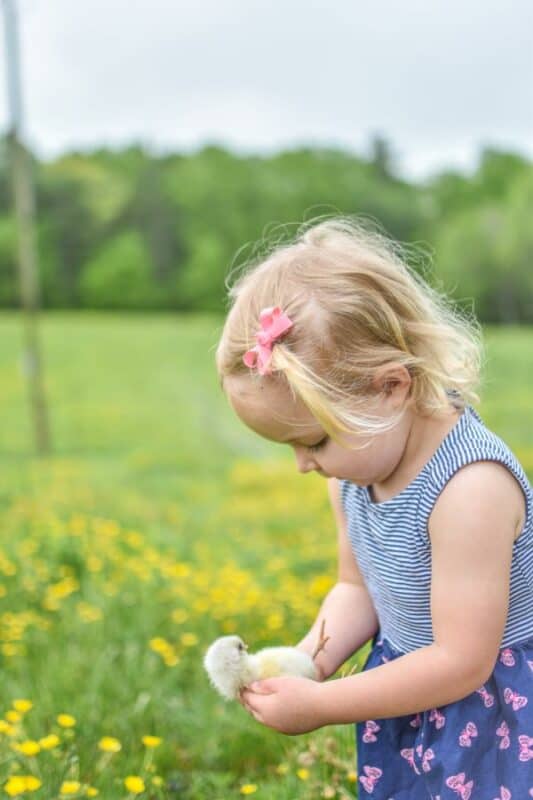
If you plan on integrating your kids and chickens, kids will be more interested in spending time with a flock that makes themselves enjoyable to be around.
A perfectly friendly flock isn’t always guaranteed, but there are some things you can do to encourage social chickens.
1. Choosing the Right Breeds
First of all, if you want a friendly chicken, it might not be the best idea to go out and buy a flighty Sicilian Buttercup. Before buying chickens, do your research to find the friendliest breeds. Some of my favorite, kid-friendly chicken breeds include Silkies, Cochins, and Orpingtons.
2. Early Socializing
It’s never too early to begin warming your chicks up to human presence. In fact, the earlier you start socializing your birds, the more likely you are to raise chickens that enjoy having their human companions around.
Spending just a few minutes every day out in the brooder will do wonders at making chicks comfortable around humans.
3. Spoiling Chickens
One way to make your chickens always wanting more human interaction is to make sure they enjoy being around you.
Treating your chickens to mealworms, watermelon, and other chicken safe treats will make them come running every time you’re sighted.
If you acquire fully grown hens, letting your kids spoil them will help socialize them to make up for the fact that you didn’t raise them from chicks.
Letting Kids Take Charge
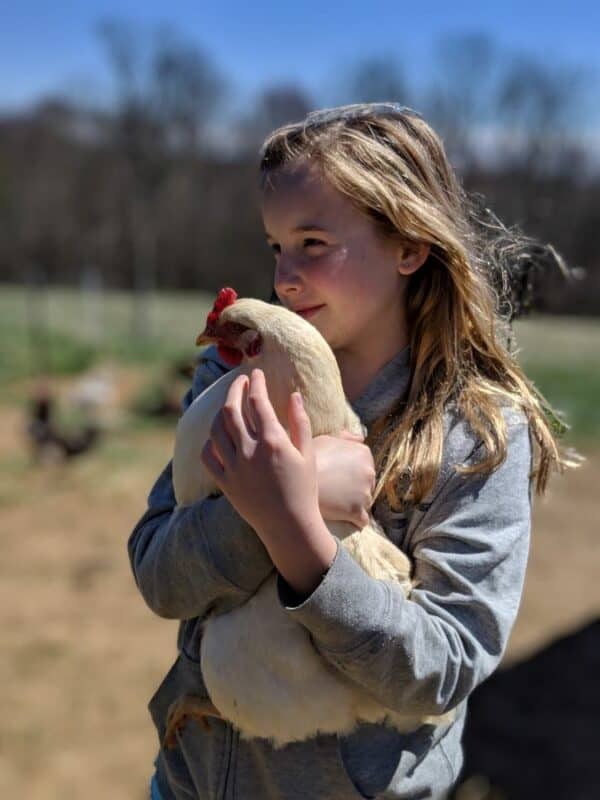
As kids get older, they can accept more responsibility once they’ve proven themselves with their current tasks. Around the age of 12, the care of 100 meat birds was turned over to me every year. I took pride in feeding and raising healthy birds that would be sold and stocking freezers of other families in our area.
To really make your children feel included in the chicken operation, you can ask their opinions on upcoming decisions. Decisions such as what breeds to add to the flock.
Additionally, you can share a small bit of the profits with them if you have a flock that makes any money. My parents always gave me a nice gift such as new boots or overalls at the end of the year as a little thank you for my help in keeping the farm running.
Their Very Own Chicken Operation
If your kids take to chicken keeping as I did as a young person, they may even like more responsibility than running your chicken coop. Taking control of the financial aspect of meat or egg-laying business will teach valuable life lessons at a young age.
As a young business owner, I began to understand that my profits dropped considerably in the winter as my chicken feed bill went up and my egg production went down.
You can offer to help get your child’s flock started. Or help them brainstorm money-making ideas to save up money for their own flock of chickens. The satisfaction of bringing home a box of chicks that your child earned with their own money is an excellent way to teach how hard work pays off.
Get Your Kids Started with Chicken Keeping
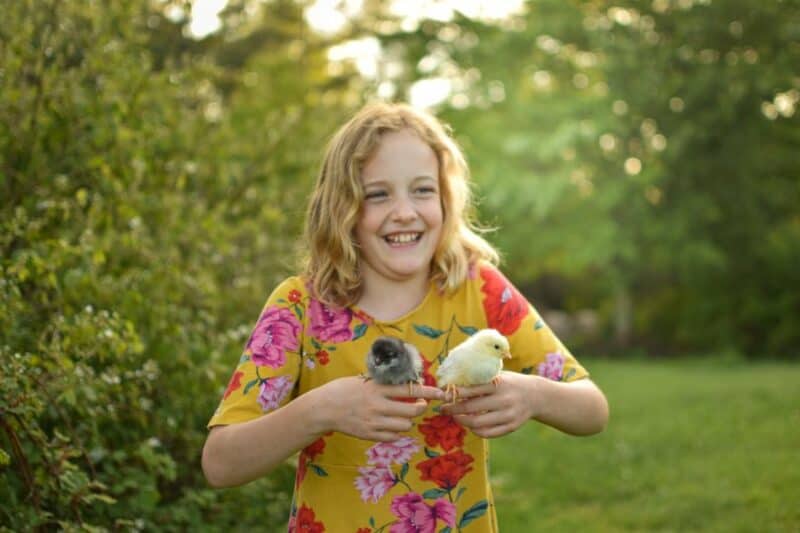
If you still have small kids, it’s never too early to get them involved with homesteading.
In a world that’s quickly forgetting about small farmers and turning to grocery stores, it’s more important than ever to teach the future generation about a healthy food system.
Starting out small such as gathering eggs and feeding chicks will leave a lasting impact on young minds about what goes into the food that ends up on our plates.

